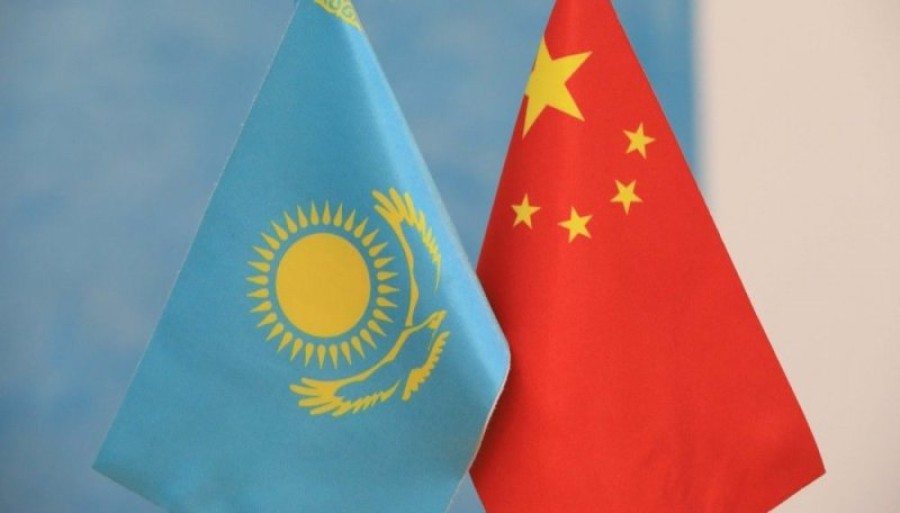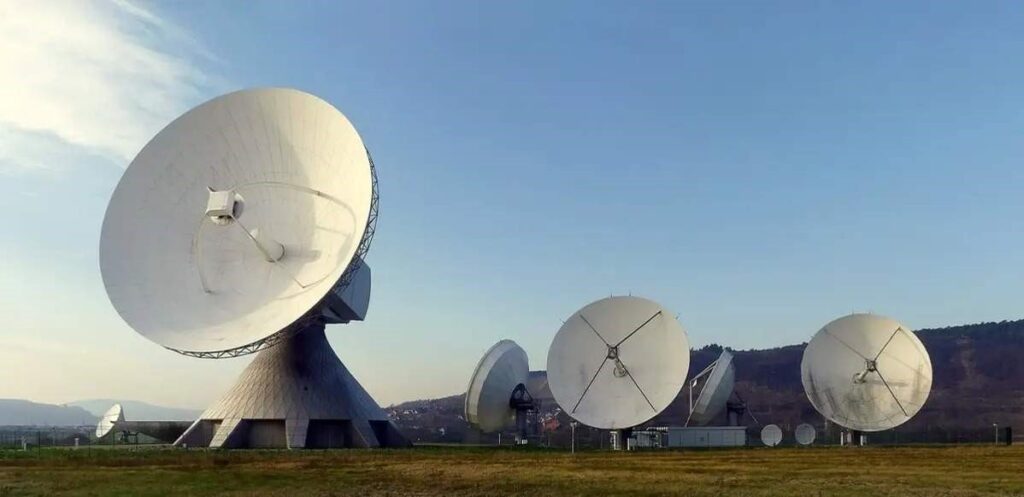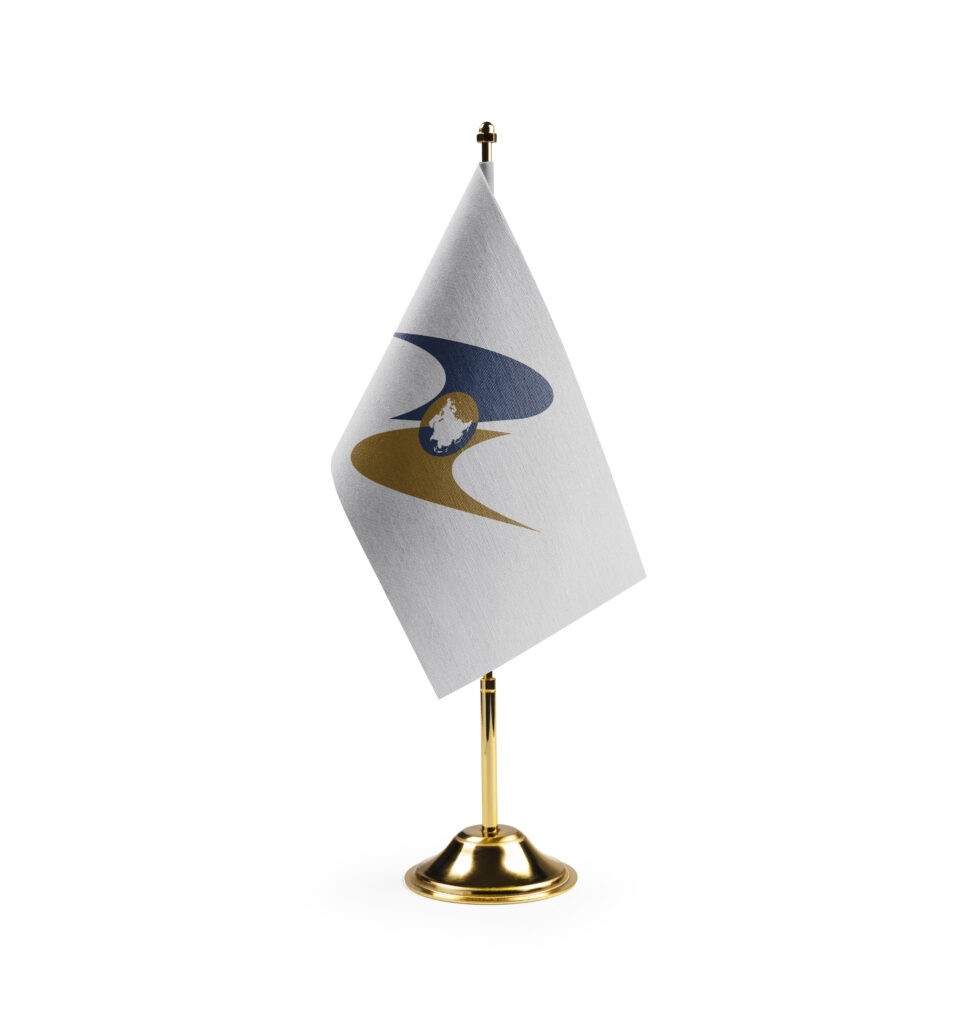Kazakhstan and CNPC to Expand Cooperation
The partnership between Kazakhstan and the China National Petroleum Corporation (CNPC) is set to broaden, with plans to implement joint projects in the oil and gas industry. This information was shared during a meeting held via videoconference on December 28th between Kazakhstan's First Deputy Prime Minister, Roman Sklyar, and CNPC President, Hou Qijun. Sklyar highlighted the CNPC as a long-standing strategic and investment partner of Kazakhstan. In response, Qijun expressed the corporation's commitment to expanding its cooperation with Kazakhstan, driven by the agreements made by the leaders of both countries. As part of this renewed alliance, the Kazakh Government is actively working on specific projects within the Framework Agreement on expanding strategic cooperation in the energy sector. This agreement was signed during the state visit of the President of Kazakhstan, Kassym-Jomart Tokayev, to China earlier this year. Current projects under discussion include expanding the production capacity of the Shymkent Refinery in south Kazakhstan, constructing the second line of the Beineu-Bozoy-Shymkent gas pipeline, and conducting joint geological exploration in Kazakhstan.






